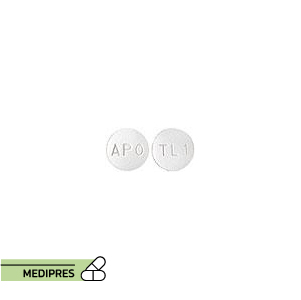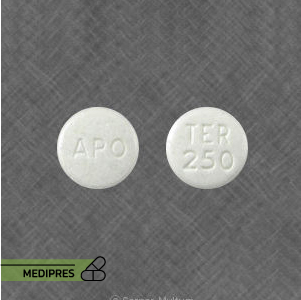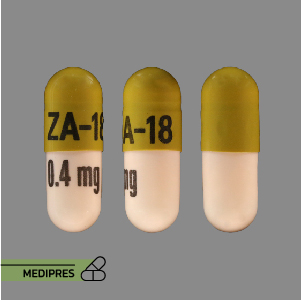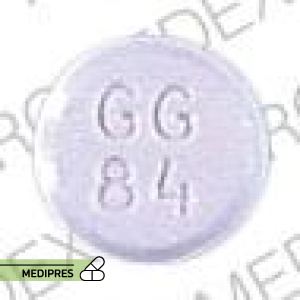
Tolectin DS
23 June, 2023
Tranylcypromine
23 June, 2023Tolterodine
Generic name: tolterodine [ tol-TER-oh-deen ]
Brand names: Detrol, Detrol LA
Dosage forms: Capsule, extended-release, Tablet
Drug Class: Urinary antispasmodics
Route of administration: Oral
Dose: Tablets: 1 mg, 2 mg, Extended-release capsules (Detrol LA): 2 mg, 4 mg
Mechanism of action: Tolterodine is a competitive muscarinic receptor antagonist that acts on the bladder’s smooth muscle. Blocking muscarinic receptors reduces bladder contractions, decreases urgency, and increases bladder capacity, which helps manage overactive bladder symptoms.
Drug usage cases: Tolterodine is primarily used to treat an overactive bladder with symptoms of urinary urgency, frequency, and urge incontinence. It helps control the bladder muscle by reducing involuntary contractions.
Drug contraindications: Contraindicated in patients with hypersensitivity to tolterodine or any of its components. It should not be used in patients with urinary retention, gastric retention, or uncontrolled narrow-angle glaucoma.
Side effects: Common side effects include dry mouth, constipation, dry eyes, dizziness, and blurred vision. Serious side effects can include urinary retention, increased intraocular pressure, and hypersensitivity reactions.
Warnings: Caution is advised in patients with bladder outflow obstruction, renal or hepatic impairment, and those with a history of narrow-angle glaucoma, as tolterodine can worsen these conditions. It may also impair cognitive function, so activities requiring mental alertness, such as driving, should be approached cautiously.
Use during pregnancy or breastfeeding: Tolterodine is classified as a pregnancy category C drug. There are no adequate studies in pregnant women, so it should be used during pregnancy only if the potential benefit justifies the potential risk to the fetus. It is unknown if tolterodine is excreted in human milk, so caution is advised if it is administered to breastfeeding women.



